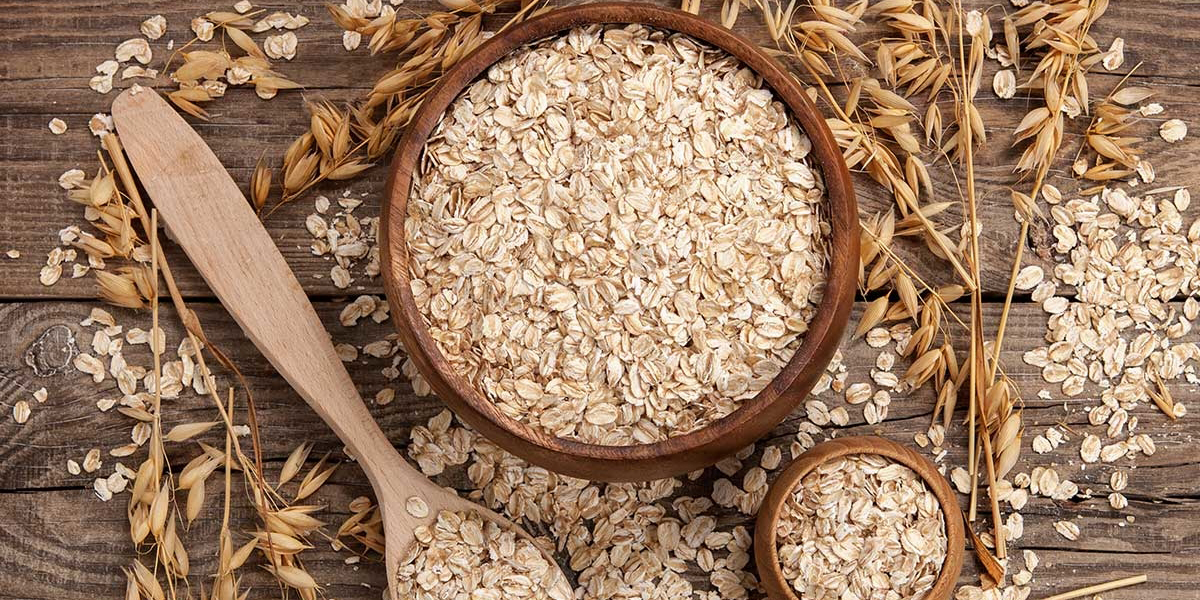A proper diet plays a crucial role in alleviating dry knee joints and improving joint lubrication (synovial fluid). Here is a summary of foods to eat, drinks to have, and items to avoid.
1. What to EAT for Dry Knee Joints?
-
Fatty fish: Salmon, tuna, and herring are rich in Omega-3s, which help reduce inflammation and pain.
-
Green vegetables and fruits:
-
Viscous vegetables: Okra, Malabar spinach.
-
Cruciferous vegetables: Broccoli, cabbage (rich in Vitamin K and Sulforaphane).
-
Fruits rich in Vitamin C: Oranges, lemons, pomelos, strawberries (anti-inflammatory and antioxidant).
-
Avocado: Stimulates collagen production.
-
-
Grains and legumes: Brown rice, oats, and soybeans help slow down oxidation and prevent cartilage degeneration.

Oats are good for people with dry knee joints
-
Meat and eggs: Provide protein to help regenerate joint cartilage.
-
Nuts and seeds: Walnuts, almonds, and chia seeds are rich in Omega-3s and anti-inflammatory compounds.
-
Other foods: Olive oil, tomatoes, and sweet potatoes provide antioxidants and help reduce inflammation.
2. What to AVOID with Dry Knee Joints?
-
Foods high in salt and sugar: They can increase inflammation and lead to calcium loss.
-
Foods high in unhealthy fats: Fried foods, animal fats.
-
Processed foods: Canned goods, sausages, cold cuts.
.png)
People with dry knee joints should avoid cold cuts / processed meats
-
Alcohol and stimulants: Beer and spirits can increase inflammation and cause dehydration.
-
Organ meats: Contain high levels of bad cholesterol, which can worsen the condition.
A single injection of Regenogel can help the body produce natural Hyaluronic Acid (HA). Contact Goodie for a detailed consultation.


